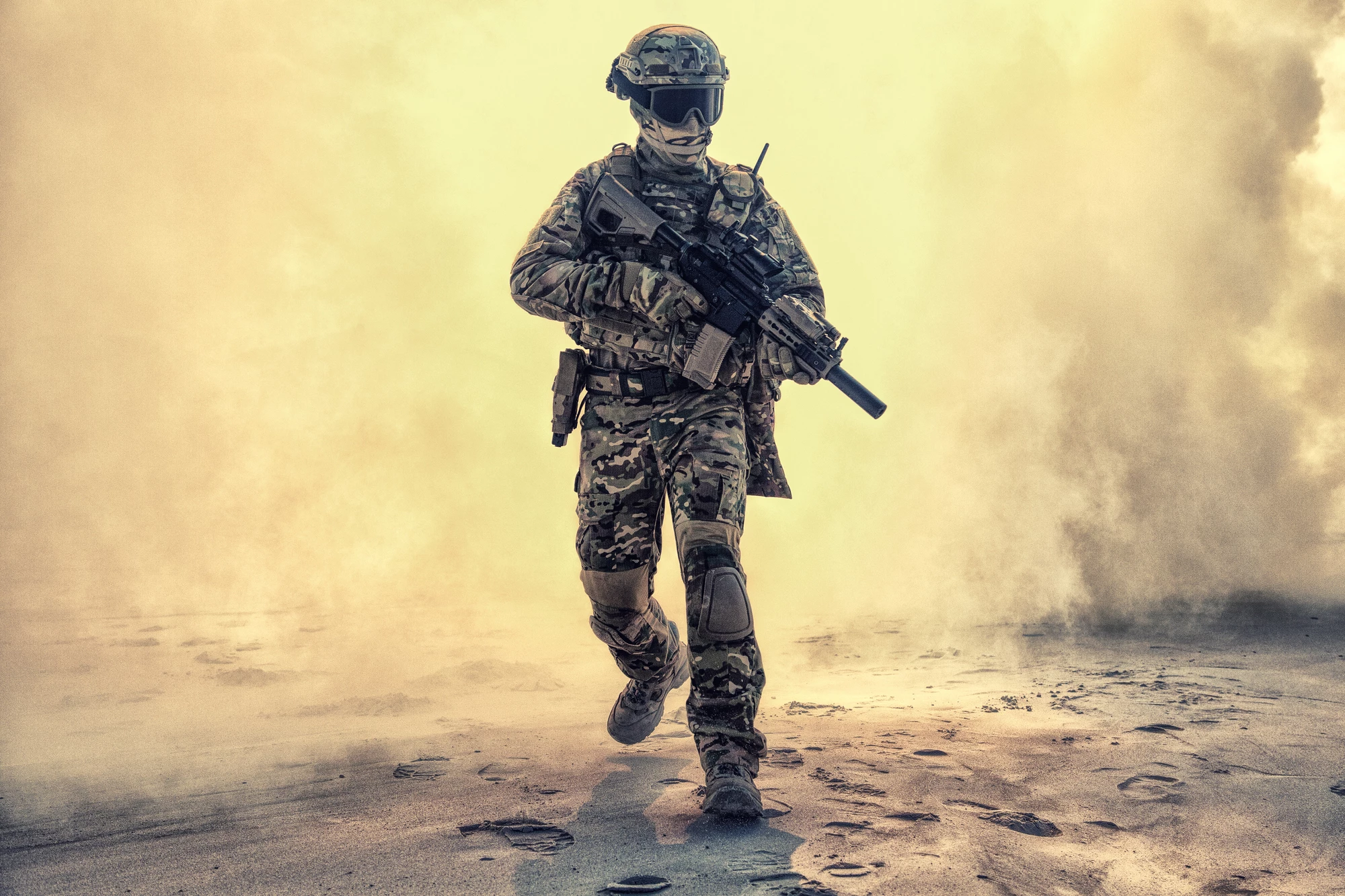Researchers have found that treating Special Operations Forces veterans with two psychedelics improved their mental health symptoms and, unexpectedly, their cognitive functioning. The findings underscore the benefits of psychedelic therapy, especially for those with complicated trauma histories.
Special Operations Forces (SOF) are some of the US’ most elite military members, possessing outstanding physical and psychological resilience. Because of their expertise, SOF veterans are more likely to have more deployments, spend longer away from home, experience greater isolation, and be exposed to intense combat situations, all of which increase the likelihood of exposure to stress and trauma.
Traumatic brain injury (TBI) is commonly sustained during conflict, which makes comorbid psychological and neuropsychiatric issues, such as post-traumatic stress disorder (PTSD), depression, anxiety, and suicidal thoughts and behaviors, more likely.
Researchers at Ohio State University determined whether one clinical treatment with two different psychedelics improved mental health in the SOF veteran population.
“What sets this group apart from some other veterans and civilians is that often, they are exposed to repeated traumatic events as a routine part of their jobs,” said Alan Davis, lead author of the study. “This build-up of exposure to these difficulties seems to produce a cluster of challenges that include traumatic brain injury, which we know in and of itself predisposes people to mental health problems.”
The researchers reviewed the charts of 86 male SOF veterans who’d attended a treatment clinic in Mexico. They’d sought treatment for various health concerns, including memory/concentration problems, TBI, depression, anxiety, PTSD, sleep problems, anger/rage, and fatigue. Over three-quarters (86%) had sustained head injuries during deployment. Mental and emotional state, sleep patterns, life satisfaction and cognitive functioning were assessed pre-treatment and at one-, three- and six-month follow-ups.
Treatment included a combination of ibogaine hydrochloride, a hallucinogenic made from the iboga plant native to West Africa, and 5-Me-O-DMT, a psychedelic secreted by the Colorado River toad. Each participant received a single oral dose of ibogaine hydrochloride and, on a separate day, at least three incremental inhaled doses of 5-Me-O-DMT, totaling 50 mg. Participants engaged in preparation and reflection sessions before and after each treatment.
Overall, participants reported large improvements in PTSD symptoms, depression, anxiety, insomnia severity and anger, and a significant increase in life satisfaction that was sustained up to the six-month checkup. Other improvements that continued up to six months were reductions in disability and post-concussion symptoms and very large increases in psychological flexibility and cognitive functioning.
The improvements in cognitive functioning were unexpected but not unwelcomed by the researchers.
“So, the fact that we saw that there were improvements in cognitive functioning linked to brain injury were probably the most striking results because that’s something we didn’t predict, and it’s very new and novel in terms of how psychedelics might help in so many different domains,” Davis said.
The improvement in cognitive functioning brought about by psychedelic therapy warrants further research to ascertain whether better thinking results from lowered mental health symptoms, changes to brain signaling, or both. As does the increase in the veterans’ psychological flexibility, which is the ability to stay rooted in the present moment regardless of unpleasant thoughts, feelings and sensations, while choosing one’s behavior based on the situation and personal values.
“I think we’re seeing a similar picture emerging here where the more one is psychologically flexible, the more likely it is that one’s mental health symptoms will be reduced or ameliorated,” said Davis.
One month after treatment, almost half of the participants reported the psychedelic experience was the most spiritually significant (48.6%) or psychologically insightful (42.9%) of their lives, with 17.1% describing it as the most difficult or challenging experience.
The researchers took a conservative approach to analyzing outcome data, assuming that study participants who didn’t complete all of the follow-up surveys may not have received the relief they’d hoped for. However, they say that finding that a population of veterans with complicated trauma histories can benefit from psychedelic therapy supports its importance.
The study was published in The American Journal of Drug and Alcohol Abuse.
Source: Ohio State University






